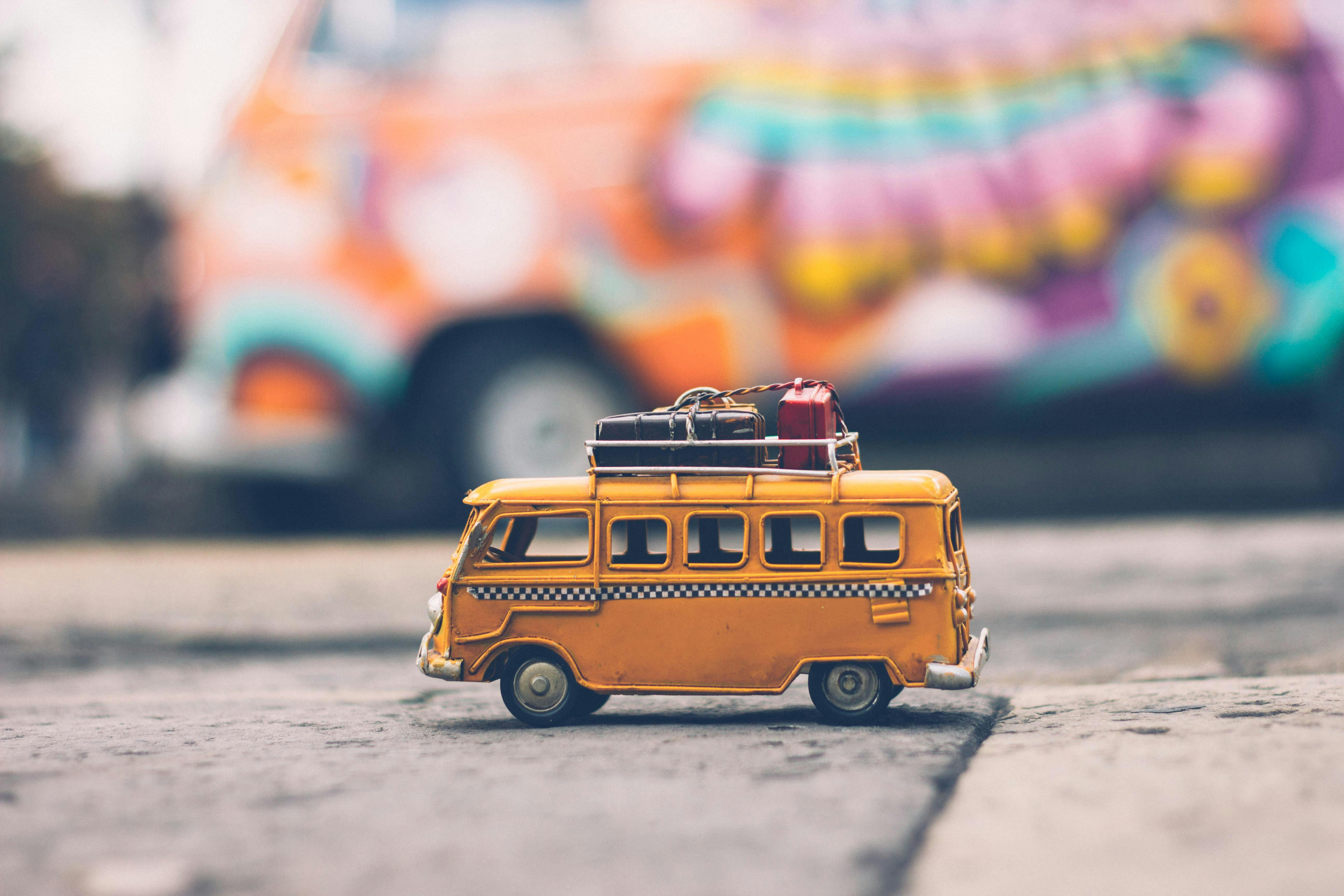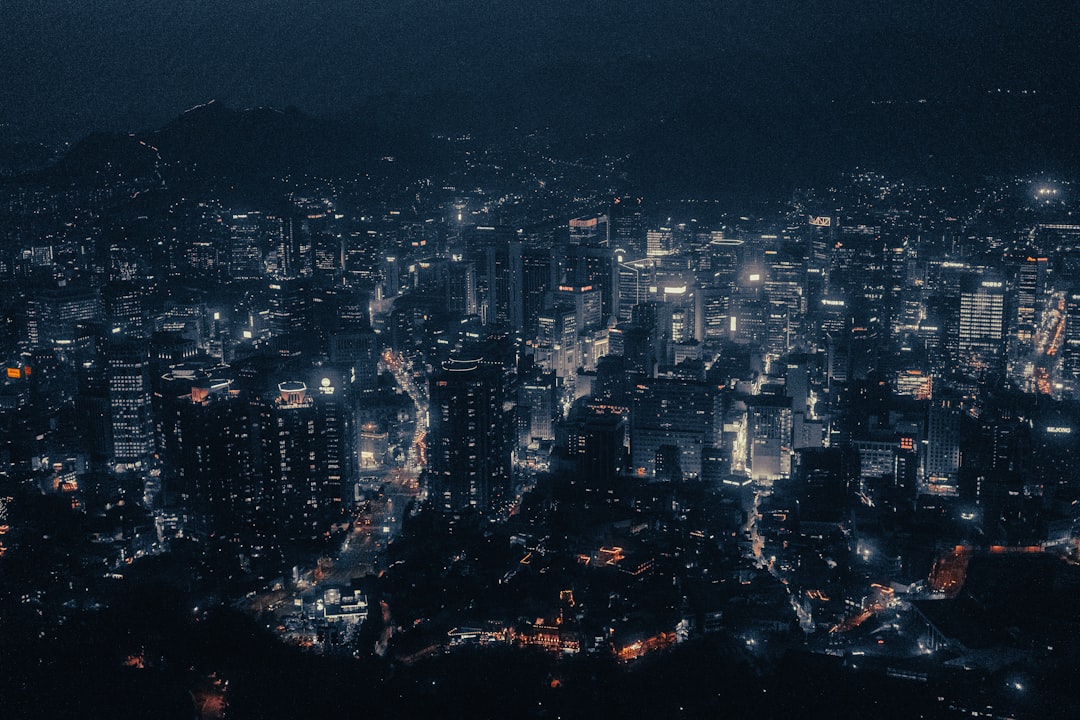In an increasingly interconnected world, the desire for safety and security remains a top priority for travelers, residents, and businesses alike. Whether you’re planning your next adventure, considering a relocation, or simply curious about which cities lead the way in urban security, understanding what makes a city truly safe is essential. This comprehensive guide delves into the factors contributing to urban safety and highlights cities that consistently rank among the safest globally.
By reading this article, you will gain insights into the multifaceted nature of urban security, discover cities renowned for their safety, and learn practical tips to enhance your personal security while exploring new places. We’ll explore the methodologies behind safety rankings and provide a detailed look at some of the world’s most secure urban environments.
Did you know? The concept of “safety” in a city extends far beyond low crime rates. It encompasses digital security, health infrastructure, physical infrastructure resilience, and even environmental factors. A truly safe city is one that provides a holistic sense of security for its inhabitants.
Understanding Urban Safety: A Multifaceted Approach
Urban safety is a complex concept, influenced by a wide array of factors that go beyond just crime statistics. While personal security is a significant component, modern safety assessments consider a broader spectrum of risks and vulnerabilities that cities face. These include everything from cyber threats to natural disasters and public health crises.
A city’s commitment to safety is often reflected in its governance, infrastructure, and social cohesion. Strong legal frameworks, efficient emergency services, and community engagement all play crucial roles in fostering a secure environment for residents and visitors alike.
Key Pillars of Urban Security
Leading safety indices typically evaluate cities across several key dimensions:
- Digital Security: Measures the city’s resilience to cyber attacks, data privacy, and digital literacy among its population.
- Health Security: Assesses the quality of healthcare services, access to medical facilities, and preparedness for health emergencies.
- Infrastructure Security: Evaluates the safety of physical infrastructure, including roads, bridges, buildings, and transportation networks, as well as disaster preparedness.
- Personal Security: Focuses on traditional crime rates, police presence, and the effectiveness of the justice system.
- Environmental Security: A newer but increasingly vital category, looking at sustainability, climate resilience, and air/water quality.
The Methodology Behind the Rankings: EIU Safe Cities Index
When discussing the world’s safest cities, one of the most authoritative sources is the Economist Intelligence Unit’s (EIU) Safe Cities Index (SCI). This biennial report provides a comprehensive ranking of major global cities based on dozens of quantitative and qualitative indicators across the five pillars of urban security mentioned above.
The EIU’s methodology involves extensive data collection, expert interviews, and a rigorous scoring system, offering a holistic view of urban safety. While the latest full report is from 2021, its findings remain highly relevant as the underlying structural factors contributing to a city’s safety tend to evolve steadily rather than drastically year-to-year.
How Cities Are Assessed
The EIU’s assessment goes beyond simple crime statistics, incorporating a nuanced understanding of urban resilience. For instance, digital security considers factors like the percentage of the population with internet access, the existence of a dedicated cyber security strategy, and the prevalence of identity theft. Health security looks at life expectancy, hospital bed density, and emergency service response times.
“The Safe Cities Index provides a holistic view of urban safety, recognizing that a city’s security is a dynamic interplay of its digital, health, infrastructure, personal, and environmental resilience.”
For more detailed information on the EIU’s methodology and findings, you can explore their official summary: Economist Intelligence Unit Safe Cities Index. This link provides an overview of their approach and key insights from their research.
Top Contenders: A Closer Look at Consistently Safe Cities
Based on the most recent comprehensive studies, such as the Economist Intelligence Unit’s Safe Cities Index 2021, certain cities consistently demonstrate exceptional levels of safety across all critical dimensions. These urban centers serve as benchmarks for security and livability.

Leading the Way in Urban Security
Here are cities that have repeatedly earned top spots for their commitment to safety and well-being:
- Copenhagen, Denmark: Often lauded for its strong social cohesion, low crime rates, and excellent environmental security. Copenhagen excels in personal security and boasts robust public health systems.
- Toronto, Canada: A diverse and multicultural city, Toronto consistently ranks high due to its strong infrastructure security, well-funded public services, and community-oriented policing.
- Singapore: A global leader in digital security and infrastructure, Singapore’s meticulous urban planning, strict regulations, and advanced surveillance systems contribute to its exceptionally low crime rates.
- Sydney, Australia: Known for its high quality of life, Sydney performs strongly across all categories, particularly in health security and infrastructure, with a well-maintained public transport system and effective emergency services.
- Tokyo, Japan: Despite its massive population, Tokyo maintains remarkably low crime rates. Its strengths lie in personal security, digital security, and a highly resilient infrastructure designed to withstand natural disasters.
- Amsterdam, Netherlands: This vibrant city scores highly in personal security and digital security, benefiting from a progressive approach to urban planning and a strong emphasis on public health.
- Wellington, New Zealand: With a strong sense of community and effective governance, Wellington excels in personal security and environmental security, offering a high quality of life.
- Hong Kong: Despite its density, Hong Kong maintains high levels of personal and infrastructure security, supported by efficient public services and a robust legal framework.
- Melbourne, Australia: Similar to Sydney, Melbourne offers excellent health and infrastructure security, coupled with a generally low crime rate and a strong focus on public safety initiatives.
- Stockholm, Sweden: Known for its high social trust and effective public services, Stockholm performs well in personal security and digital security, reflecting its advanced technological infrastructure.
Comparative Safety Metrics (Simplified Example)
While specific scores vary, the top cities consistently demonstrate excellence across multiple safety dimensions. Here’s a conceptual representation of their strengths:
| City | Key Strengths | Overall Safety Score (Conceptual) |
|---|---|---|
| Copenhagen | Personal, Environmental, Health | Very High |
| Singapore | Digital, Infrastructure, Personal | Very High |
| Tokyo | Personal, Digital, Infrastructure | High |
| Sydney | Health, Infrastructure, Personal | High |
| Toronto | Infrastructure, Health, Personal | High |
Note: “Overall Safety Score (Conceptual)” is illustrative and does not represent exact EIU scores, which are proprietary.
Beyond the Rankings: Practical Tips for Safe Travel
While choosing a city known for its safety provides a strong foundation, personal vigilance and preparedness are always key, regardless of your destination. Even in the safest cities, minor incidents can occur, and being aware of your surroundings is crucial.

Enhancing Your Personal Security Abroad
Here are some actionable tips to help you stay safe during your travels:
- Research Local Customs and Laws: Understanding local norms can prevent misunderstandings and ensure you adhere to regulations.
- Secure Your Valuables: Use hotel safes, carry minimal cash, and be mindful of pickpockets in crowded areas. Consider a money belt or secure bag.
- Stay Connected: Keep your phone charged, have emergency numbers readily available, and inform someone of your itinerary.
- Be Aware of Your Surroundings: Avoid walking alone in poorly lit areas at night and trust your instincts. If a situation feels off, remove yourself from it.
- Use Reputable Transportation: Opt for licensed taxis or ride-sharing services with good reviews.
- Travel Insurance: Always invest in comprehensive travel insurance that covers medical emergencies, trip cancellations, and lost luggage.
The Future of Urban Security: Innovations and Challenges
The landscape of urban safety is continuously evolving. Cities are increasingly leveraging technology to enhance security, from smart surveillance systems to AI-powered predictive policing. However, these innovations also bring new challenges, particularly concerning privacy and data ethics.
Beyond technology, climate change poses a growing threat to urban security, with cities needing to adapt to more frequent extreme weather events and resource scarcity. Public health crises, as demonstrated by recent global events, also highlight the critical need for robust health security infrastructure and rapid response capabilities.

Building Resilient Cities for Tomorrow
The safest cities of the future will be those that not only embrace technological advancements but also prioritize community engagement, social equity, and environmental sustainability. Investing in green infrastructure, promoting social inclusion, and fostering trust between citizens and authorities are all vital components of building truly resilient and secure urban environments.
“A city’s true strength lies not just in its ability to prevent crime, but in its capacity to adapt, recover, and thrive in the face of diverse challenges.”
Conclusion: Your Journey to Secure Exploration
The world’s safest cities offer a compelling blend of robust infrastructure, effective governance, and a strong sense of community. While rankings provide valuable insights, remember that safety is a shared responsibility. By understanding the factors that contribute to urban security and adopting smart travel practices, you can confidently explore the globe.
We encourage you to delve deeper into the specific safety profiles of cities that interest you. Resources like government travel advisories and local tourism boards often provide up-to-date information on specific areas or concerns.
What are your thoughts? Have you visited any of these safe cities? What measures do you take to ensure your safety when traveling? Share your experiences and tips in the comments below!
